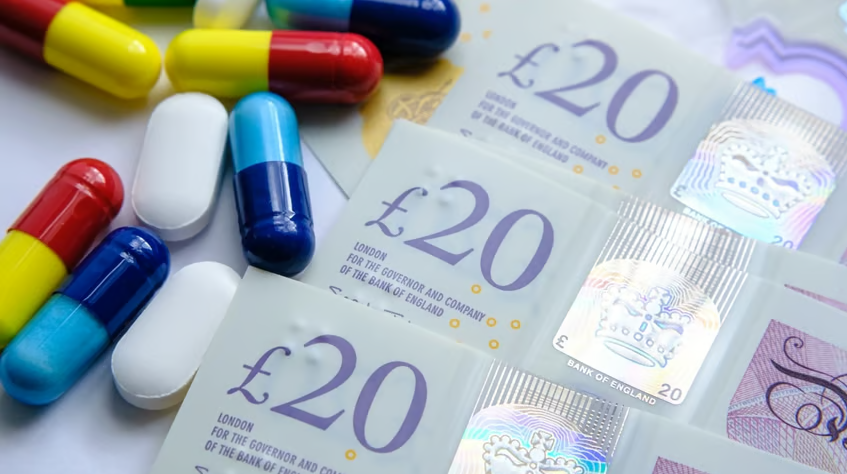Blog
Blog
After protests, pharma industry reaches ‘landmark’ drug spending deal with UK government

After blasting the U.K.’s drug pricing policy, the pharma industry has secured a new government spending deal featuring a higher revenue cap and an innovative drug-friendly rebate mechanism.
In a “landmark” deal touted by the British government, NHS England and the Association of the British Pharmaceutical Industry (ABPI), the U.K. has agreed to increase the allowed annual growth rate for branded drugs from 2% in 2024 to 4% by 2027.
The new scheme, dubbed the Voluntary Scheme for Branded Medicines Pricing, Access and Growth, governs the five years through the end of 2028.
Under the previous system that started in 2019, the U.K. has been capping the annual growth rate for branded medicines at 2%, which the ABPI and its pharma members called “arbitrary.” Beyond that level of growth, any additional sales had to be paid back to the government. By ABPI’s calculations, those revenue clawbacks rose from about 5% of industry revenues to nearly 27% in just three years thanks in large part to a surge in drug spending during the pandemic.
Despite the higher revenue threshold, the new framework is expected to save the NHS 14 billion pounds sterling ($17.5 billion) over five years versus savings of 7 billion pounds under the previous version.
For older medicines that haven’t had their prices reduced, the policy will require an additional rebate rate of up to 25% in addition to a base rebate of 10%. The extra rebate “tapers down” for older drugs that have seen price reductions, “ensuring we recognize when competition has worked effectively to make savings for the NHS,” according to a joint statement.
This mechanism will support lower payment rates for newer drugs, making it “explicitly pro-innovation and pro-competition,” the parties said.
As part of the deal, the British government, the NHS and the pharma industry will explore and pilot new ways of paying for advanced therapies such as cell and gene therapies.
In exchange for the more favorable policy, the pharma industry has agreed to invest 400 million pounds over five years in the U.K. to support clinical trials, manufacturing and health tech assessments. Pharma companies had previously warned that the U.K.’s original policy would discourage investments in the country’s drug industry and hurt availability of the newest drugs.
The industry’s investment adds to another 650 million pounds in funding that the U.K. government pledged in May to boost the country’s life sciences industry.
“This landmark agreement will not only save the NHS money, but help patients get access to the very best medicines and treatments for years to come,” U.K. Chancellor of the Exchequer Jeremy Hunt said in a statement. “With significant new industry investment in research, clinical trials and manufacturing, this deal will bolster Britain’s position as the largest life sciences hub in Europe, and support a sector so critical to our country’s health, wealth and resilience.”
Richard Torbett, Ph.D., chief executive of the ABPI, called it a “tough deal” that the industry supports “despite its restrictions.”
“Allowing the sector to grow faster than it has under the previous scheme should increase the UK’s international competitiveness over time,” Torbett said.
Πηγή: fiercepharma.com





